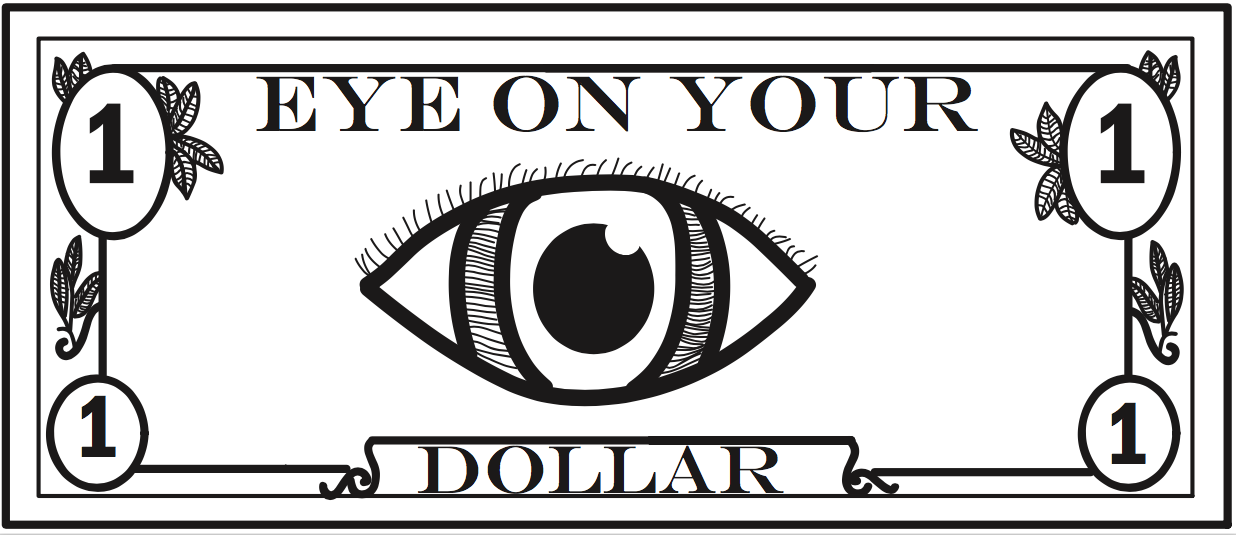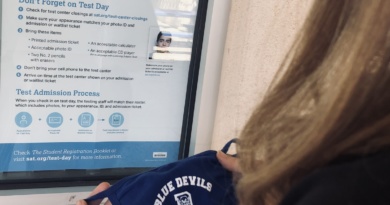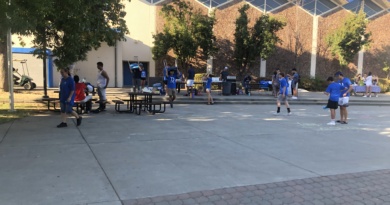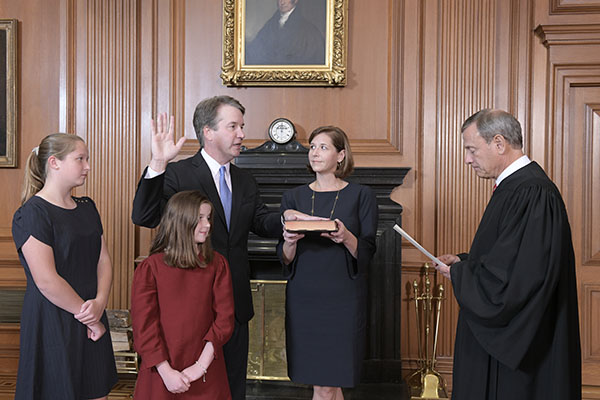EYEONYOURDOLLAR: Budget reserves
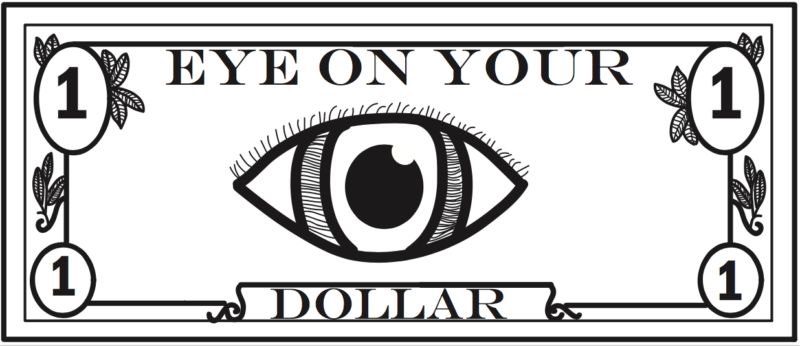
By Albert Hu and Meghan Bobrowsky,
BlueDevilHUB.com Editors–
This news feature is the fifth in a series of articles that looks into the Davis Joint Unified School District’s use of funds. We try to answer the question: Is this the best use of taxpayer money? In this edition, we explore DJUSD monetary reserves designated for periods of financial trouble.
California law mandates that school districts hold onto a portion of their annual budget to account for an unexpected disaster or a shortage in funding. For a medium sized school district like Davis, this equates to three percent of the district’s total expenditures. However, the Davis school board has mandated that the reserve be raised to eight percent, which equates to a total “economic uncertainty” fund of $7.1 million.
In times of hardship, the fund allows the district to pay for almost a full month of day-to-day expenses. According to Blair Howard, President of the Davis Teacher’s Association, the fund is at eight percent to ensure job security for DJUSD staff.
“We assume something is going to com[e] up, and we have an interest in making sure that the district is able to weather that because at the end of the day, if they’re going to cut, they’re generally going to cut from [teachers] and that’s going to hurt us whether we take a pay cut or we cut positions,” Howard said.
While Davis’ rainy day fund is more than double the state mandated amount, it is still far below the average 13 percent reserve of similar sized districts in all of California. However, when compared to neighboring districts, DJUSD’s economic uncertainty reserve is higher. At eight percent of the total budget, the reserve towers over Winters Joint Unified School District (4.9 percent), Woodland Joint Unified School District (4.1 percent) and Sacramento City Unified School District (6.3 percent).
This surplus in the rainy day fund has left DJUSD teachers — who are paid far less than neighboring districts — wondering why the extra money isn’t going towards their salaries.
“When you hear that there isn’t money and there’s still a pretty strong reserve, then that sends a different message. For teachers […] as money has come back to the district after the recession, our salaries haven’t kept pace with that at all,” DJUSD Budget Committee member and teacher Dianna Huculak said.
Huculak adds that saving district funds in a reserve could create more problems than protection — if the surplus money isn’t used on teachers, DJUSD quality of education could dwindle due to shortages in staff.
“Of course we want fiscally solvent schools, but one of our interests is how do we attract and also keep our teachers. There’s certain things where we’re unable to hire teachers for positions that are in high demand just because our starting wage isn’t competitive with other areas,” Huculak said.
However, because the rainy day fund is not a constant source of income, it is unfeasible to use the funds to increase teacher salary, according to Michael Hulsizer, Kern County Chief Deputy for Governmental Affairs.
“If the district were to give any raise using those one time funds it would be deficit spending. That would create an enormous problem for the district,” he said.
Is this the best use of taxpayer money? The HUB says:
Yes―maintaining an eight percent reserve for times of hardship is crucial to ensuring financial stability and job security at Davis schools. The district should keep its current $7.1 million reserve constant, but should divert any surplus above that amount towards bonuses for teachers.

